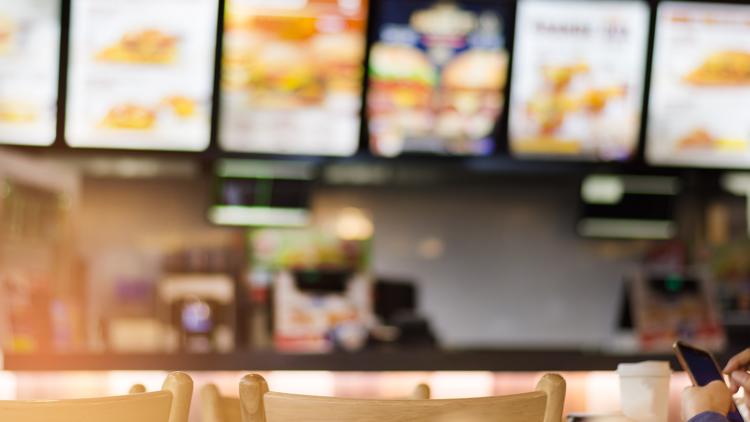CALIFORNIA, USA — When California lawmakers, Gov. Gavin Newsom, fast food corporations and the Service Employees International Union announced an agreement to raise fast food workers’ wages, all sides seemed to accept the deal.
Except, that is, independent franchised restaurant owners — the ones who have to pay the raises, who said they were left out of the dealmaking. Now, they’re organizing.
In person and over Zoom, franchise owners packed a meeting of the state’s new fast food council on Wednesday, urging it not to adopt any further increases in the industry’s minimum wage after the April hike from $16 to $20 for limited-service restaurants — a 25% increase. Fast food workers are seeking an inflationary adjustment for 2025.
The restaurant owners said since the wage hike, they’ve cut back hours, slowed growth and reduced certain benefits. Price increases, they said, have also driven a decrease in sales. Several were accompanied by managers and employees who also spoke against further wage increases.
The franchise owners sought to relate their experiences to those of their workers, highlighting one dynamic that has occasionally surfaced during years of political battles over fast food wages: As lawmakers and unions pushed the regulation to benefit a low-wage workforce that is predominantly Latino and Black, business groups have sought to display their own diversity. Many of the restaurateurs at Wednesday’s hearing said they were immigrants, with some having arrived in the U.S. as refugees. Some had started out themselves as fast food workers and praised the franchise model as a bridge to minority business ownership.
The testimony is sure to further inflame debate around the state’s fast food law, which industry groups and Republicans have lambasted Newsom for.
The two sides have spent months issuing competing press releases about whether fast food jobs have grown or declined in California. The reality, according to seasonally-adjusted federal employment data, is that it’s been basically flat for about a year.
In other Capitol news: Assembly Republicans unveiled seven bills Wednesday for Gov. Newsom’s special session on gas prices, headlined by a proposed $100 rebate to drivers, financed by cap and trade revenue. Other measures include suspending the state gas tax (which increased to 59.6 cents per gallon on July 1) and proposals to speed up approvals for oil drilling and gas storage projects.
- Assembly GOP leader James Gallagher, in a statement: “This special session is just one more attempt by Newsom to distract from his role in driving up gas prices. While Democrats fall in line behind a scheme that Newsom’s own administration says could increase gas prices, Assembly Republicans have a common-sense plan to give drivers relief.”
The only other bill so far is Newsom’s proposal to empower the state Energy Commission to require refineries to keep reserves of gasoline, which he says will prevent price spikes. The first bill hearing in the Assembly is set for Sept. 26, followed by a floor session on Oct. 1.
More on jobs: With a bill to restrict warehouse locations and truck routes sitting on Gov. Newsom’s desk, businesses groups and city leaders urged him Wednesday to veto the legislation, says CalMatters Inland Empire reporter Deborah Brennan.
The League of California Cities joined Inland Empire mayors and business leaders who say the bill would hamstring cities’ land use authority. Assemblymember Eloise Gómez Reyes, a bill co-author and San Bernardino Democrat, says the bill is a first step toward improving environmental health in communities near warehouses.
This article was originally published by CalMatters.
WATCH MORE ON ABC10: Amazon Fresh in Elk Grove opens today



